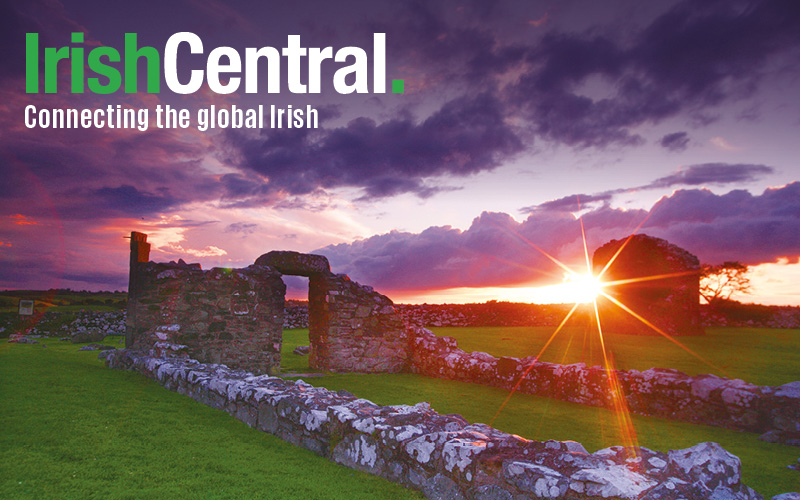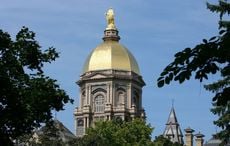| Daniel McGowan |
Most obviously, the Irish were called terrorists when they more or less invented modern guerilla warfare in their efforts to gain independence from Britain.
And throughout the wretched decades marked by The Troubles in Northern Ireland, support for any aspects of the Nationalist movement could get you slapped with a Scarlet “T.”
And yet, as we saw this week in the deluge of 9/11 coverage, the Irish in America suffered greatly at the hands of terrorists.
We were reminded anew just how many people with Irish names perished that day. A total of 15 firefighters alone who were killed on 9/11 had last names beginning with “Mc” or “O”.
The 9/11 anniversary also reacquainted many with the Irish enclave known as the Rockaways.
“The peninsula suffered one of the nation’s most concentrated losses when the terrorist attacks scythed through generations of firefighters and Wall Street traders in the largely Irish-Catholic neighborhoods here.
“Fifty-nine people from Rockaway died; about 70 counting summer and former residents. One enclave, Breezy Point, lost 32 of its 5,000 people. A proportional hit to New York City would have taken 51,000 lives,” The New York Times reported on September 11 of this year.
The article, among other things, reported on a 9/11 charitable group called the RIBS Foundation, short for Rockaway Irish Boys. As befitting a Catholic neighborhood with plenty of cops and firefighters, the Rockaways can safely be described, yes, as union friendly, but also quite conservative.
As The Times put it, the area was “already patriotic.” After 9/11 “the neighborhood became more so.”
Perhaps that’s what makes Daniel McGowan such an unlikely “terrorist.”
McGowan was one of four children born in Brooklyn. His father was a New York City police officer and the family eventually moved out to the Rockaways.
McGowan attended Catholic schools and was a business major at SUNY-Buffalo.
Currently, though, he sits in jail. He has been labeled a terrorist by federal prosecutors.
McGowan’s saga is the focus of a movie that is about to hit theaters, and which was also broadcast this week on the PBS series POV.
The name of the film is If a Tree Falls in the Forest, and chronicles McGowan’s journey from Queens kid to the subject of an intensive FBI investigation which dubbed him and others “domestic” or “eco” terrorists.
McGowan and others were charged with destroying or setting fire to property owned by universities or private companies.
In 2001, for example, members of the Earth Liberation Front (ELF) targeted a lumber company in northwest Oregon which had plans to genetically engineer trees in such a way that ELF members claimed would be devastating for the eco-system.
All in all, it is believed that the loosely-affiliated environmental radicals McGowan ran with caused $80 million in damage.
Though you might not expect a radical environmentalist to rise from the streets of New York City, McGowan has said his youth in Rockaway influenced him greatly.
“I grew up on a peninsula so I had a beach and a bay and could do a lot more exploring and surfing,” McGowan said in a 2007 interview.
“I remember as a kid they tested the hair of the surfers. They were telling us to get out of the water and stop surfing because of the contamination. There were hypodermic needles showing up on the water in Rockaway.
“It left a really big impression on me how poor neighborhoods get the lion’s share of pollution. I didn’t need an environmental textbook to tell me that.”
After his arrest in 2005, McGowan had many friends and family members in court to support him. He was sentenced to seven years in jail in 2007.
And though, these days, it might seem like an Irish kid from Rockaway could never be any kind of terrorist, there is one more interesting point worth making.
As part of his plea deal, McGowan acknowledged his role in several radial environmental acts. However, he refused to name the names of any others involved.
A terrorist may be bad, but an informer, apparently, is worse.
(Contact “Sidewalks” at tomdeignan@earthlink.net or facebook.com/tomdeignan)




Comments